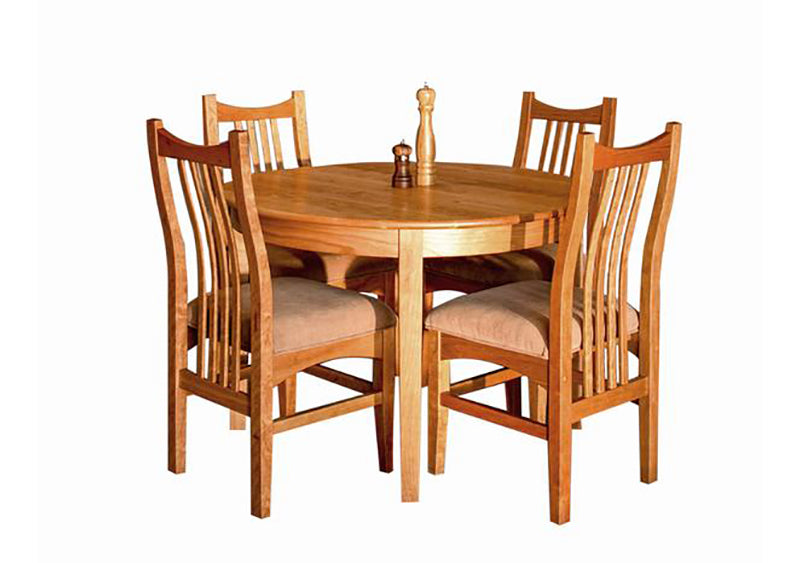Tips for Installing Dining Room Table Legs for a Modern Look
Wiki Article
Professional Tips for Setting Up Dining Room Table Legs for Optimum Stability
When it comes to installing dining area table legs, achieving maximum security is paramount for both performance and appearances. What particular strategies can boost stability even additionally?Pick the Right Legs
When selecting the suitable legs for your eating area table, it is important to take into consideration both capability and visual appeals. The legs you select will dramatically impact the overall style and stability of the table. Evaluate the table's intended use; if you anticipate frequent celebrations, tougher legs, such as those made from strong timber or metal, may be much more appropriate, as they use boosted longevity and assistance.Common dining tables commonly vary from 28 to 30 inches in height, so ensure the legs straighten with this requirement for comfort. Conical legs can add a modern touch, while turned legs might share a much more classic visual.

Select Appropriate Equipment
How can the best equipment enhance the stability and long life of your dining-room table? The choice of ideal hardware is important to ensuring that the legs of your table are safely connected and able to hold up against regular use. Top notch screws, screws, and brackets offer the needed stamina to support the weight of the table, along with any added loads placed upon it during dishes or celebrations.When choosing screws, select those made from resilient products such as stainless-steel or brass, which stand up to deterioration and keep integrity over time. The length of the screws is equally essential; they must permeate deeply right into the table's structure without compromising integrity. For bolted connections, consider using lock washers to avoid loosening due to vibration or activity.
In addition, making use of corner brackets can include additional support, specifically for larger tables or those with heavier tops. These braces distribute weight evenly and help keep the table's form. Guaranteeing that the hardware you choose is suitable for the specific products of your table will better improve its overall security and longevity, permitting you to enjoy your eating experience for many years to come.
Ensure Correct Positioning
Correct alignment of dining room table legs is crucial for both visual charm and practical stability. To attain optimum positioning, begin by measuring the range from the table's edges to the blog here leg attachment factors.Use a degree throughout installment to validate that each leg is vertical to the table top. It is suggested to note the wanted leg placements on the bottom of the table with a pencil or covering up tape prior to safeguarding them.
In addition, ascertain the placement after the first screws are tightened up, as changes might be needed prior to completely securing the hardware. By focusing on correct placement, you not only improve the table's overall layout however additionally make sure that it remains steady and functional for several years ahead.

Take Into Consideration Weight Distribution
After guaranteeing proper alignment of the dining-room table legs, it's essential to consider weight circulation to improve stability and functionality. dining room table legs. Correct weight circulation is essential in preventing tottering and guaranteeing that the table can support its desired load without threat of tipping or breaking downWhen placing the legs, ensure they are positioned at equal ranges from the center of the table to equally distribute the weight throughout the structure. Take into consideration the weight of the tabletop and any kind of items that will often rest on it, such as tabletop appliances or ornamental items. Tables with much heavier surface areas must ideally have legs positioned closer to the edges, as this takes full advantage of the base of assistance and lessens the threat of instability.
Furthermore, if the table is planned for use in a high-traffic area, think about using larger products for the legs or adding supporting aspects, such as cross-bracing or a reduced rack - dining room table legs. These adjustments can assist preserve balance and stop shifting during use. Eventually, a well-considered weight circulation method will considerably boost the table's overall efficiency, guaranteeing it remains a eye-catching and functional centerpiece for your dining space
Test Stability Prior To Usage
Examining the security of the dining room table before usage is a critical action that must not be ignored. If the table shows instability, identify the legs or joints that might need modification.Next, examine that all screws my sources and bolts are tightened effectively. Loosened connections can bring about instability and possible damage over time. If essential, utilize wood adhesive on joints to improve stability, making certain to enable sufficient drying out time.

Verdict
Finally, the setup of dining-room table legs needs careful factor to consider of materials, hardware, weight, and positioning Recommended Reading distribution to accomplish optimum security. By selecting durable legs and top notch bolts, ensuring accurate positioning, and dispersing weight equally, the architectural integrity of the table can be considerably improved. Performing a security examination before normal usage further ensures that the table will endure daily pressures, consequently supplying a safe and reliable dining experience.When it comes to installing eating area table legs, attaining optimum security is vital for both performance and aesthetics. The legs you pick will dramatically influence the total style and stability of the table (dining room table legs). Conventional dining tables generally range from 28 to 30 inches in elevation, so make certain the legs line up with this requirement for convenience.Correct positioning of eating room table legs is vital for both aesthetic appeal and useful security.In final thought, the installation of eating space table legs needs careful factor to consider of products, equipment, weight, and positioning circulation to attain maximum security
Report this wiki page